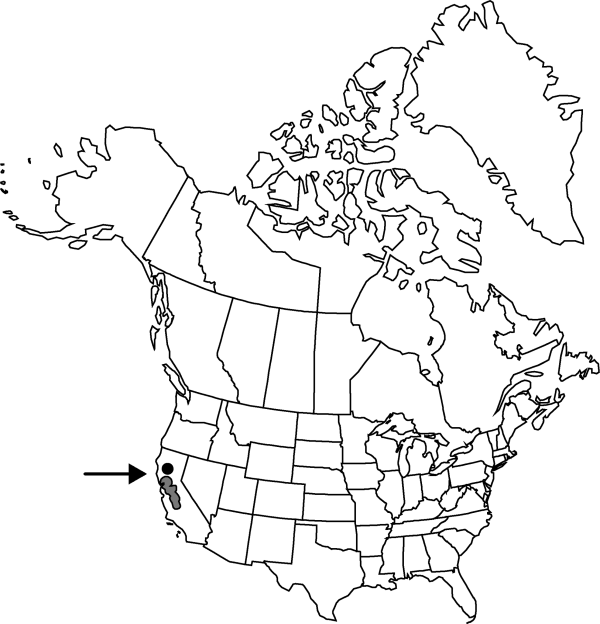Atriplex cordulata
Pittonia 2: 304. 1892.
Herbs, erect, simple, oppositely or alternately branched from base and sparingly so distally, rigid, scurfy, 1–5 dm. Stems slender to rather coarse, initially erect-ascending, finally spreading-ascending, scurfy when young. Leaves alternate except proximalmost ones, blade ovate to cordate-ovate, 5–15 (–20) × 3–10 (–13) mm; base mostly cordate (to rounded), margin entire or denticulate, apex acute to attenuate, thickish and scurfy-tomentose. Flowers of both sexes mixed in small axillary clusters. Staminate flowers in glomerules in distal axils, 4–5-merous. Fruiting bracteoles sessile or subsessile, round-ovate (semiorbiculate) to deltoid-rhombic or flabellate, slightly compressed, 3–5 mm and as broad, united to middle, deeply toothed, margin with acute teeth, terminal tooth subequal to others or largest, thin and soft at margin, hard at center, scarcely though sometimes tuberculate on faces. Seeds deep redbrown, 1.5–1.8 mm. 2n = 36, 54.
Discussion
Varieties 2 (2 in the flora).
Selected References
None.
Key
| 1 | Anthers red or purple; fruiting bracteoles 4-5 mm, central tooth largest; wc California | Atriplex cordulata var. cordulata |
| 1 | Anthers yellow; fruiting bracteoles 3-3.5 mm, central tooth subequal to lateral; Kern, Kings, and Tulare counties, California | Atriplex cordulata var. erecticaulis |
"/2" is not declared as a valid unit of measurement for this property.
